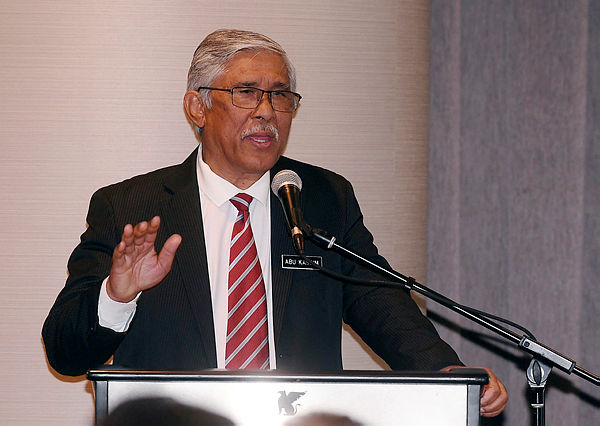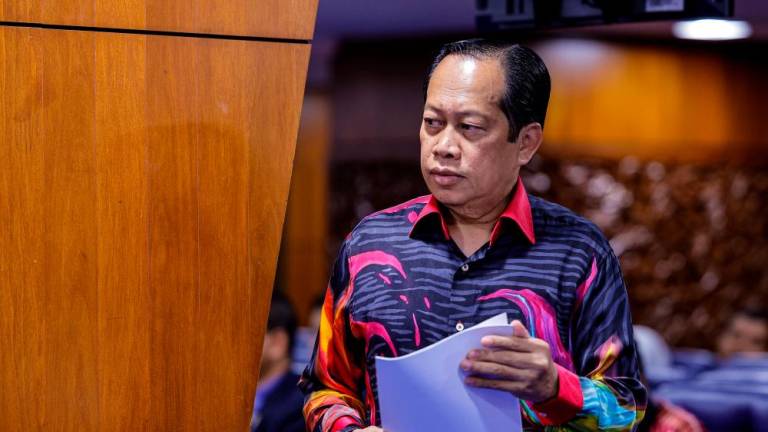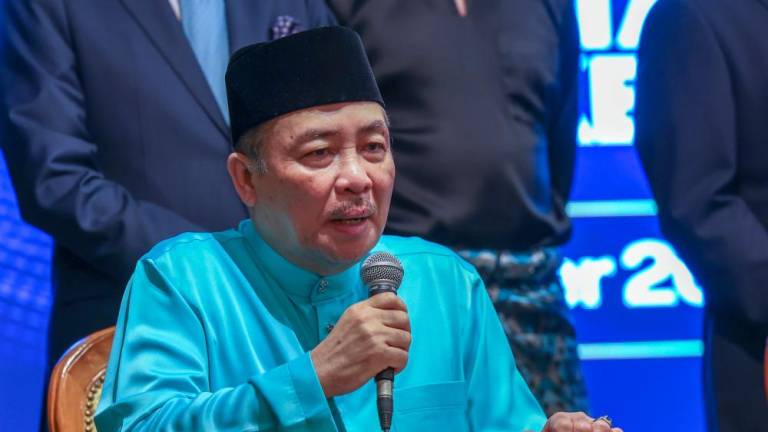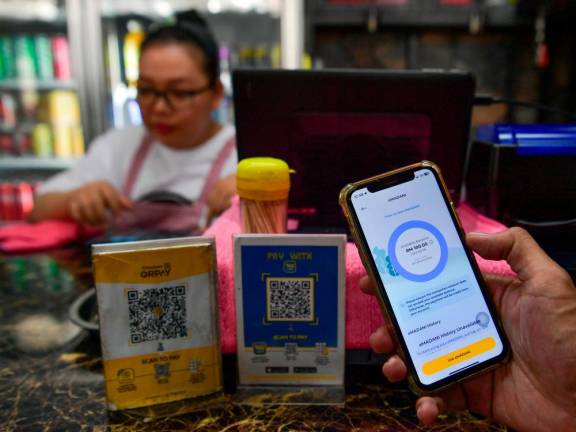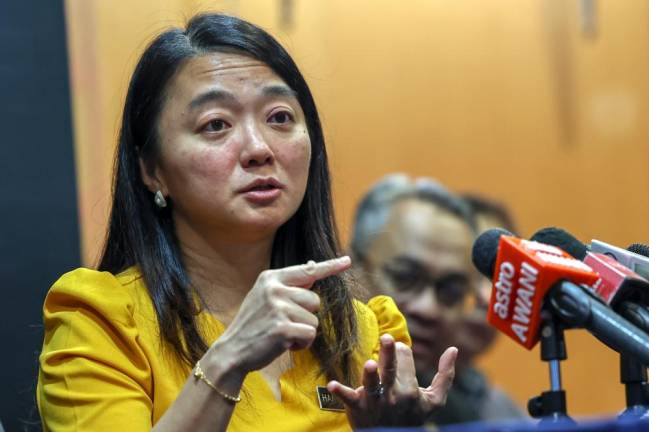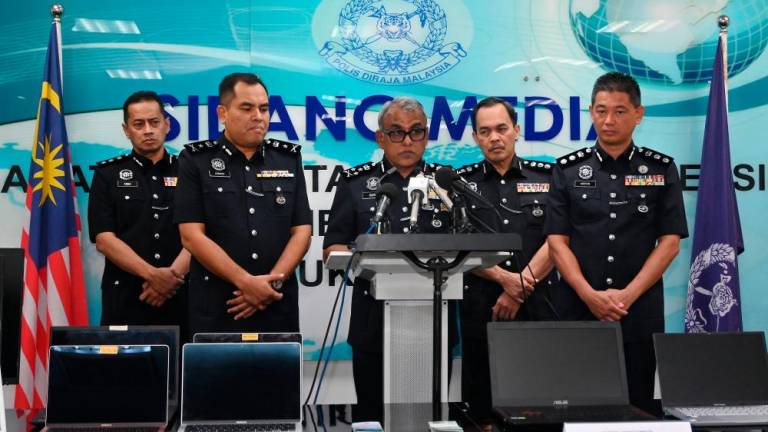KUALA LUMPUR: Two new bills – political donations and establishment of an ombudsmen, are expected to be tabled in Parliament in October, said National Governance, Integrity and Anti-Corruption Centre (GIACC) director-general Tan Sri Abu Kassim Mohamed (pix).
He said the bills are one of the key initiatives under the National Anti-Corruption Plan (NACP) 2019-2023 which is the main focus to enhance governance, integrity and anti-corruption after Pakatan Harapan (PH) took over the government.
“In addition, a bill on Independent Police Complaints and Misconduct Commission (IPCMC) had been tabled in Parliament and is expected to be passed in the coming Parliamentary sitting,” he said during the Anti-Corruption and Integrity Forum 2019 here today.
Earlier, it was reported that the government had finalised the legislation relating to the financing of political funding and would be sent to the Attorney-General’s Chambers before being submitted to the Cabinet.
The bills will touch on various aspects including parties having to disclose all sources of funding, including donations, as well as some initiatives to ensure transparency and accountability in government administration as outlined in the NACP 2019-2023.
Speaking at a press conference later, Abu Kassim said he was currently preparing draft guidelines on the support letters issued by politicians in the country, to ensure the administration is more transparent.
“However, details on the matter have yet to be disclosed and a special meeting to discuss the matter with Prime Minister Tun Dr Mahathir Mohamad will be held on Thursday (Sept 19),“ he said.
Meanwhile, commenting about the enforcement of Section 17A of the Malaysian Anti-Corruption Commission (MACC) Act, he said the provision is best defence to provide the organisation with adequate procedure against corporate liability.
The corporate liability provision of the MACC Act which will come into force on June 1 next year, is also to ensure commercial organisations do not participate in corrupt activities for their own advantage or benefit, he added.
The enforcement of Section 17A widens the MACC’s powers to prosecute commercial organisations involved in corruption, marking a significant shift from the graft-buster’s focus on only individuals before this. — Bernama



